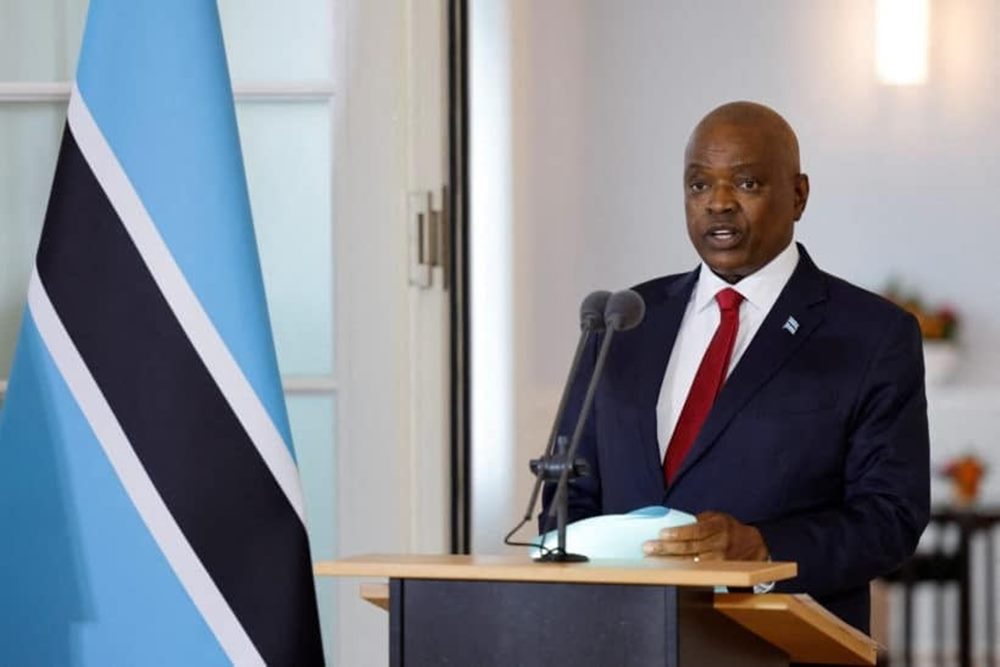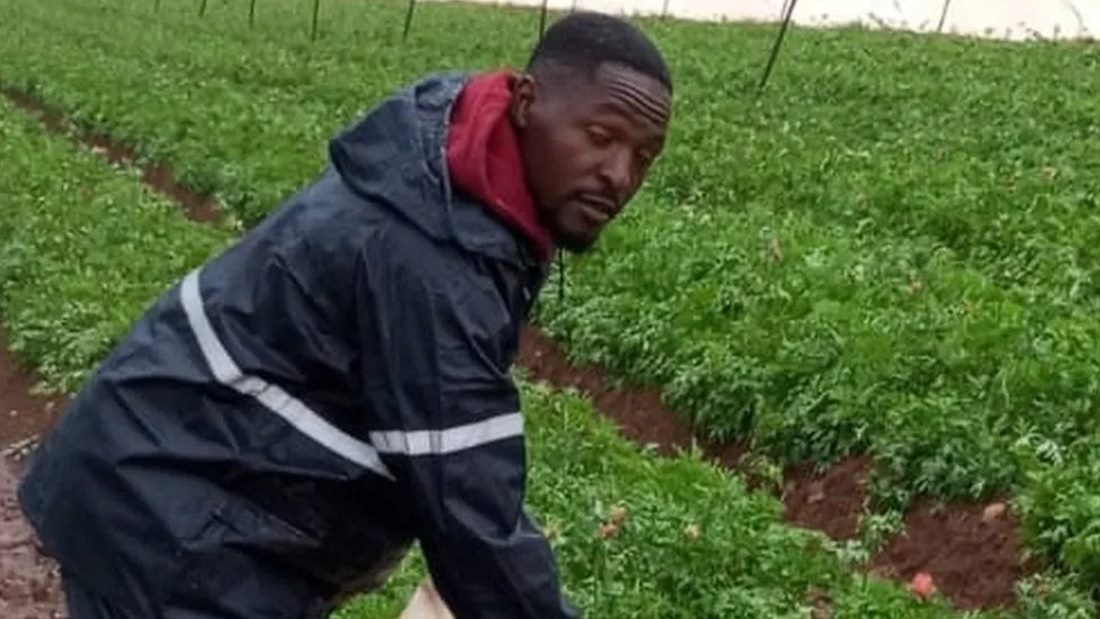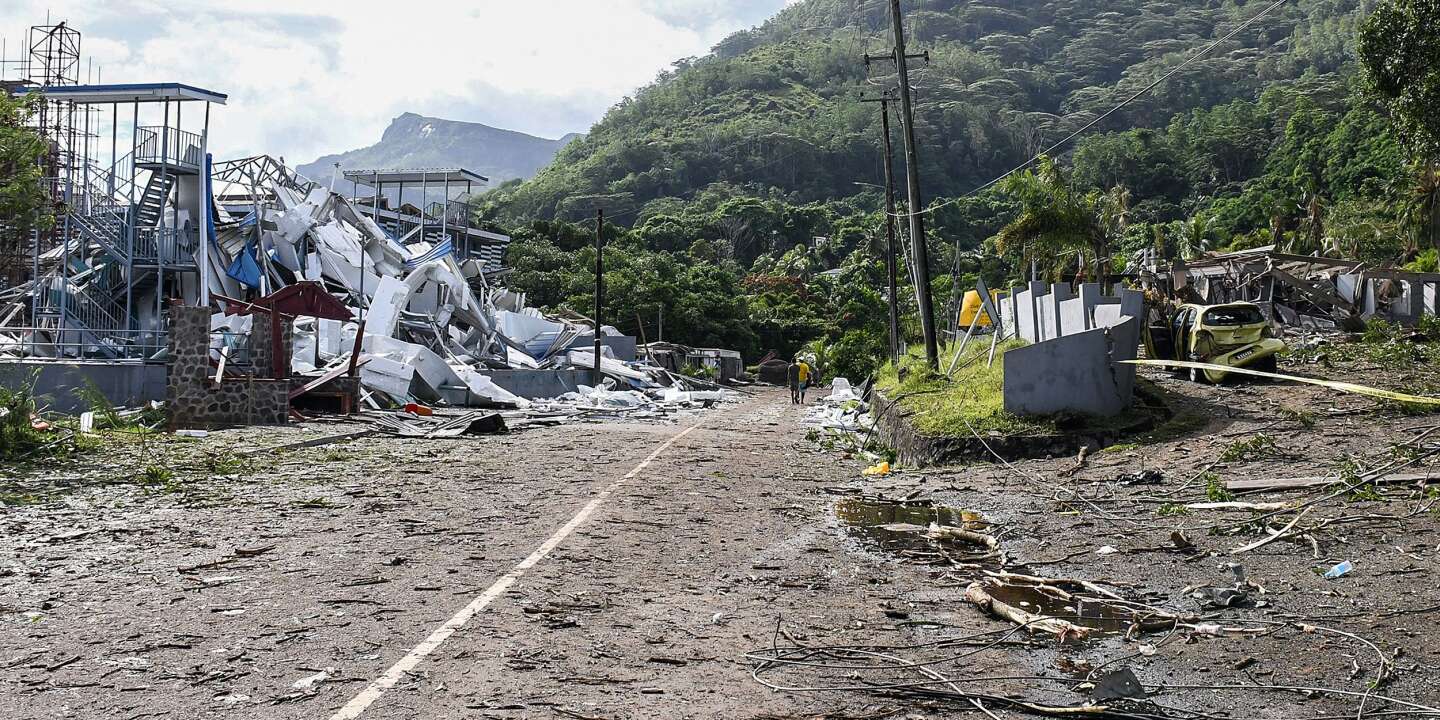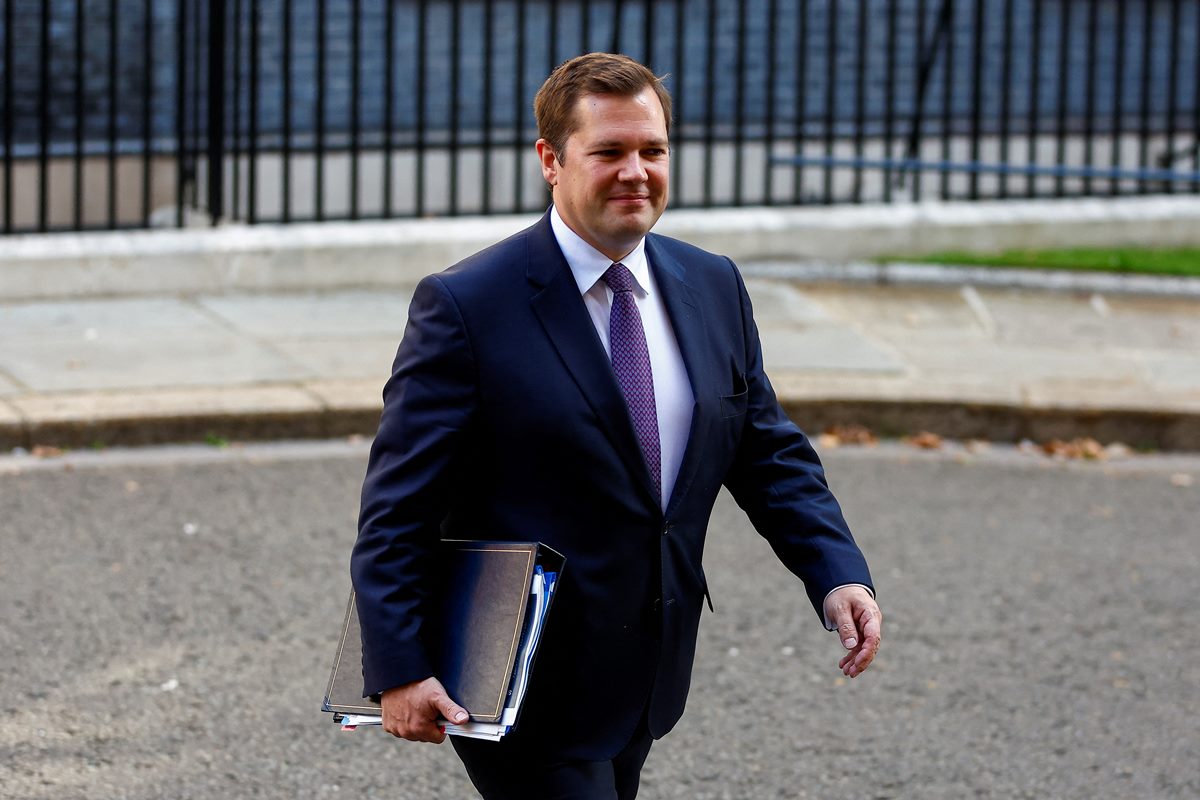Botswana’s President Mokgweetsi Masisi delivered a State of the Nation Address during the opening of the country’s Parliament, outlining the government’s successes and ambitious plans ahead of the upcoming elections next year. In his address, President Masisi emphasised the importance of various sectors, including tourism, agriculture, mining, real estate, creative industries, sport, manufacturing, science and technology, and the digital economy.
One of the notable achievements mentioned by President Masisi was the successful restriction of vegetable imports from South Africa, which resulted in a significant reduction in the country’s import bill. He further pledged to invest funds derived from De Beers into agriculture and tourism, aiming to achieve “prosperity for all” by 2036.
President Masisi also highlighted the government’s efforts to digitise services and improve online accessibility for citizens. Plans are underway to enable online applications for national identification cards, passports, social benefit grants, driver’s licenses, and other services. The government has engaged youth-led companies to provide e-commerce-related activities and is working towards implementing an electronic medical records system in the e-health sector by March 2024. Additionally, initiatives in e-learning, e-commerce, and other internet-based services aim to integrate various aspects of life in Botswana.
In terms of connectivity, the government has successfully connected 1,138 public facilities in 144 villages to high-speed internet, benefiting around half a million people in a population of 2.4 million.
Regarding the agriculture sector, President Masisi expressed plans to create a horticultural market by April next year, promoting wider citizen participation in agribusiness and associated value chains. Efforts to liberalise the beef business and enhance local production of meat and milk through artificial insemination programs were also highlighted.
Diamonds remain a crucial source of foreign exchange for Botswana, and the revised contracts with the De Beers Group are expected to generate significant revenue for the state. The Diamond Development Fund is projected to accumulate P10 billion over the next decade, benefiting other sectors of the economy such as tourism, hospitality, agriculture, research, and development.
Furthermore, Botswana will host the Kimberley Process Permanent Secretariat, a global regulator of the diamond mining industry, starting in January next year. President Masisi sees this as a testament to the international community’s confidence in Botswana’s governance processes.
The government is also focused on boosting the tourism sector, with plans to transform the Chobe area into a high-value tourism destination through the Kasane-Kazungula redevelopment project. Various international events and festivals held in Botswana, including the Toyota Gazoo, Desert Race, Makgadikgadi Epic, and Kazungula Marathon, are expected to attract more visitors to the country.
President Masisi emphasised Botswana’s commitment to establishing itself as a preferred destination for hosting meetings, conferences, exhibitions, and incentives. Hosting these events brings numerous benefits to sectors such as hotels, hospitality, retail, and transportation.
In conclusion, President Masisi’s State of the Nation Address highlighted the government’s achievements in various sectors and its plans for future development. The focus on agriculture, tourism, digitisation, and the diamond industry reflects Botswana’s commitment to economic growth and prosperity.









